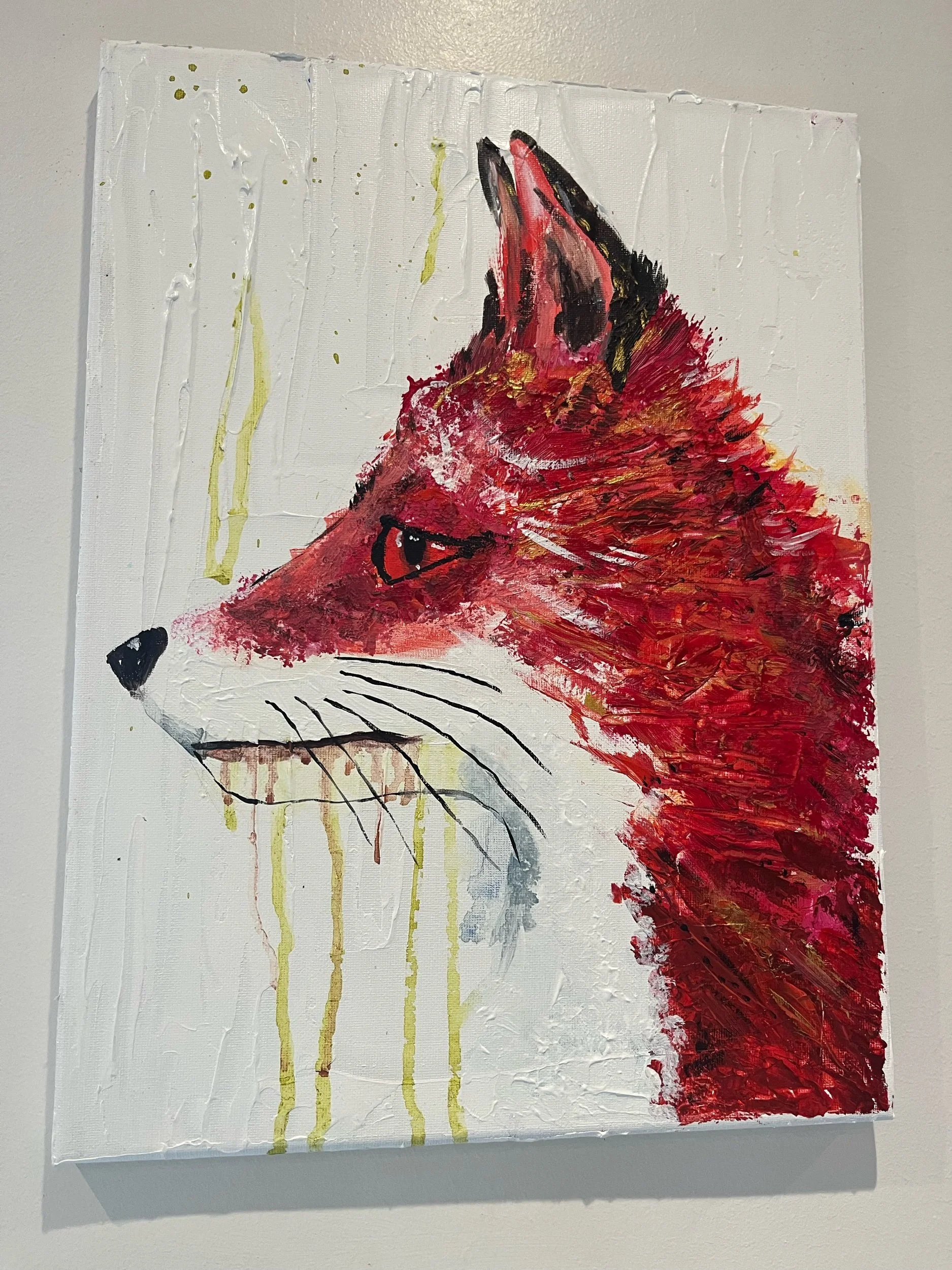Work
Still very much enjoying the project I’m on. Sometimes feel hyper-focused on achieving a sprint goal; but most recently I’ve been a mix between a safety net catching things that wouldn’t get done (all hands on deck), and a sweeper in a game of curling, ever so slightly ahead of the curling stone, laying some foundations for what’s to come. Reflection: it’s easier to feel productive when you’re focused on delivering X by Y, or when you can see your contribution translate into someone else’s delivery pretty much right away. I love the buzz I get from that. But I need to remember the other stuff I do is important too, possibly moreso - because it helps make sure the next sprint has the right, tight scope, because it helps address blockers before they affect the team, and because it involves dealing with the noise/running interference so the rest of the team can focus.
had some really great in-person time with the wider client leadership team. It was a great reminder of how powerful face-to-face workshops (I don’t just mean meetings) can be - because of the trust that is built up exploring issues and working through problems together. And this leads to much more organic collaboration outside of the room. Reflection: something really underestimated is the relationship leap required to get to the point where folks are asking you their questions as and when they arise. It’s all very well giving a new director an induction, but most people will forget most of what they hear in their first fortnight I reckon. Being on hand to answer questions while people are doing their own sense making, having them feel comfortable throwing questions at you ad hoc so they can absorb information at their own pace, is really high value.
Home
I didn’t get round to working on my SDinGov talk last weekend. The scavenger hunt was a huge success (E’s friends have been raving about it - and their parents are cursing me for raising the birthday bar!). Reflection: I don’t regret putting all that effort into something that I’m sure will be a core memory for E. But I am nervous about finding the time to get the first draft of that talk together. I have a lot of material to whittle down. And it isn’t going to get any easier over the school holidays (which started…today).
We have a summer party with a group of families whose eldest children were born around the same time as E. It’s now a very large and rowdy crowd. There’s also a Sunday lunch with extended family, celebrating some July birthdays. And we also have a sleepover arranged, because didn’t have the heart to tell my youngest she couldn’t have her friend round, what with all the focus having been on her elder sister and and Z feeling so left out. That means this will be another weekend where I’ve overcommitted myself. Reflection: I need to keep remembering - these are my choices. I don’t have to do any of these things. I choose to sacrifice this time and energy for the people I love. And if it gets too much, if I need to step out, they will support me too.
I messed up a couple of times. I booked summer camp for this week, not next week - and didn’t realise until Thursday night. Fortunately the camp organiser was understanding and let me transfer them to next week’s camp (for free!). And then yesterday, worried about my credit card bill, I paid my credit card balance down manually - forgetting that I already had a direct debit set up to do exactly the same the following day! I’m lucky (??) that my current account doesn’t have enough money to pay out more than once, so it wasn’t taken twice - but I am expecting to have to pay a fee for the failed DD. Reflection: I think I might need to schedule in payment-related life admin for Fridays when I have actual brain space - it’s clear that remembering last minute and sorting these things out in the evenings is not going well for me.

